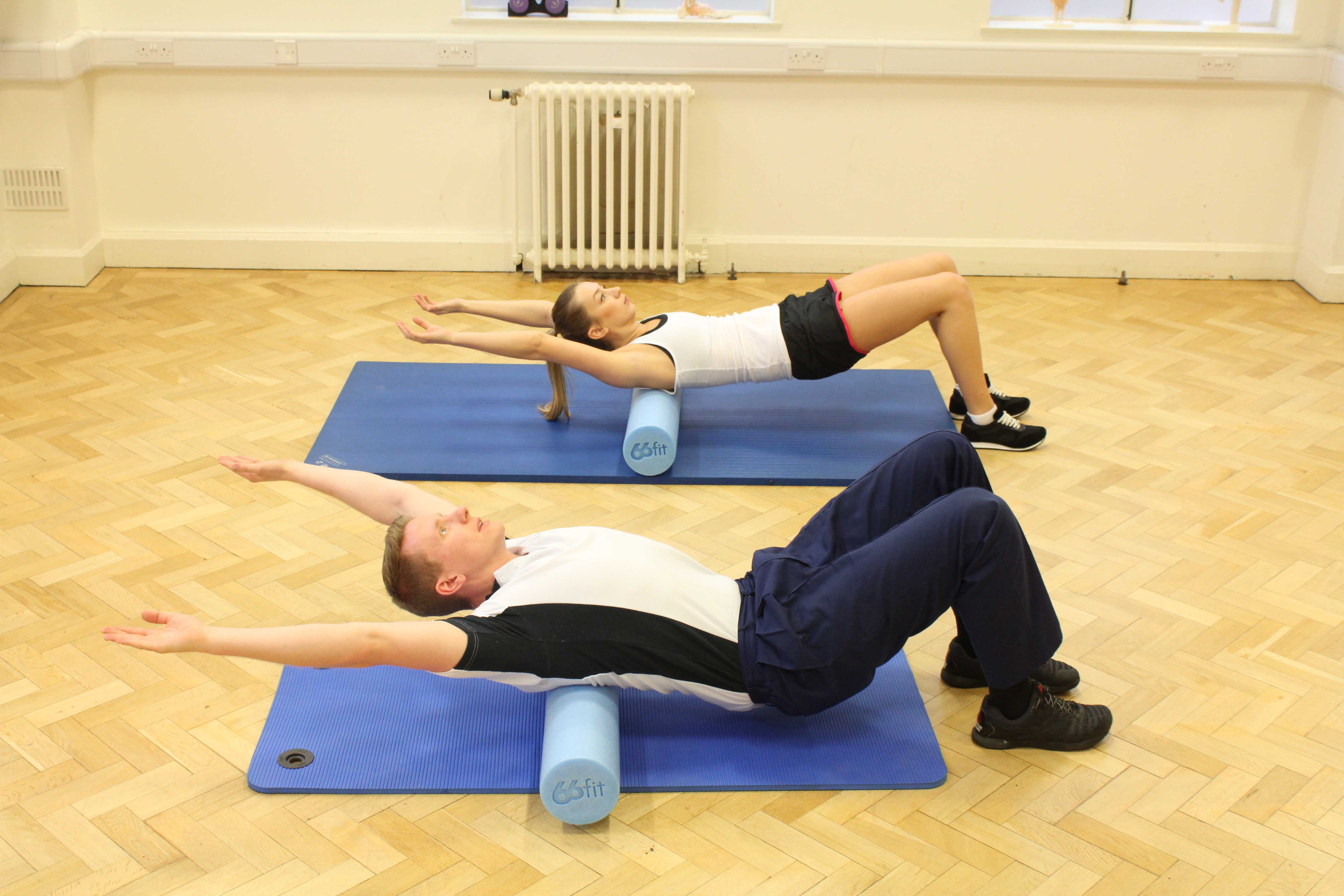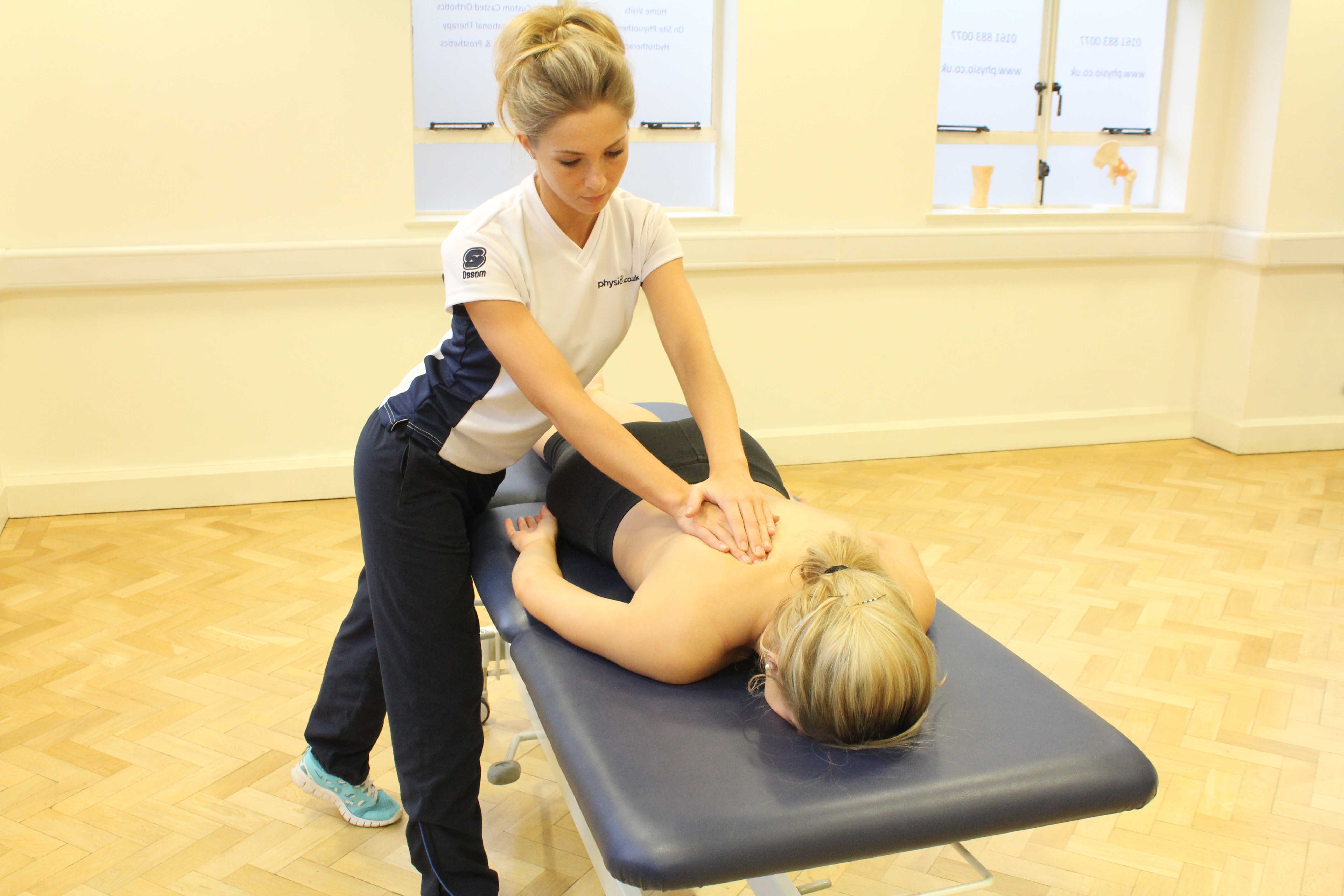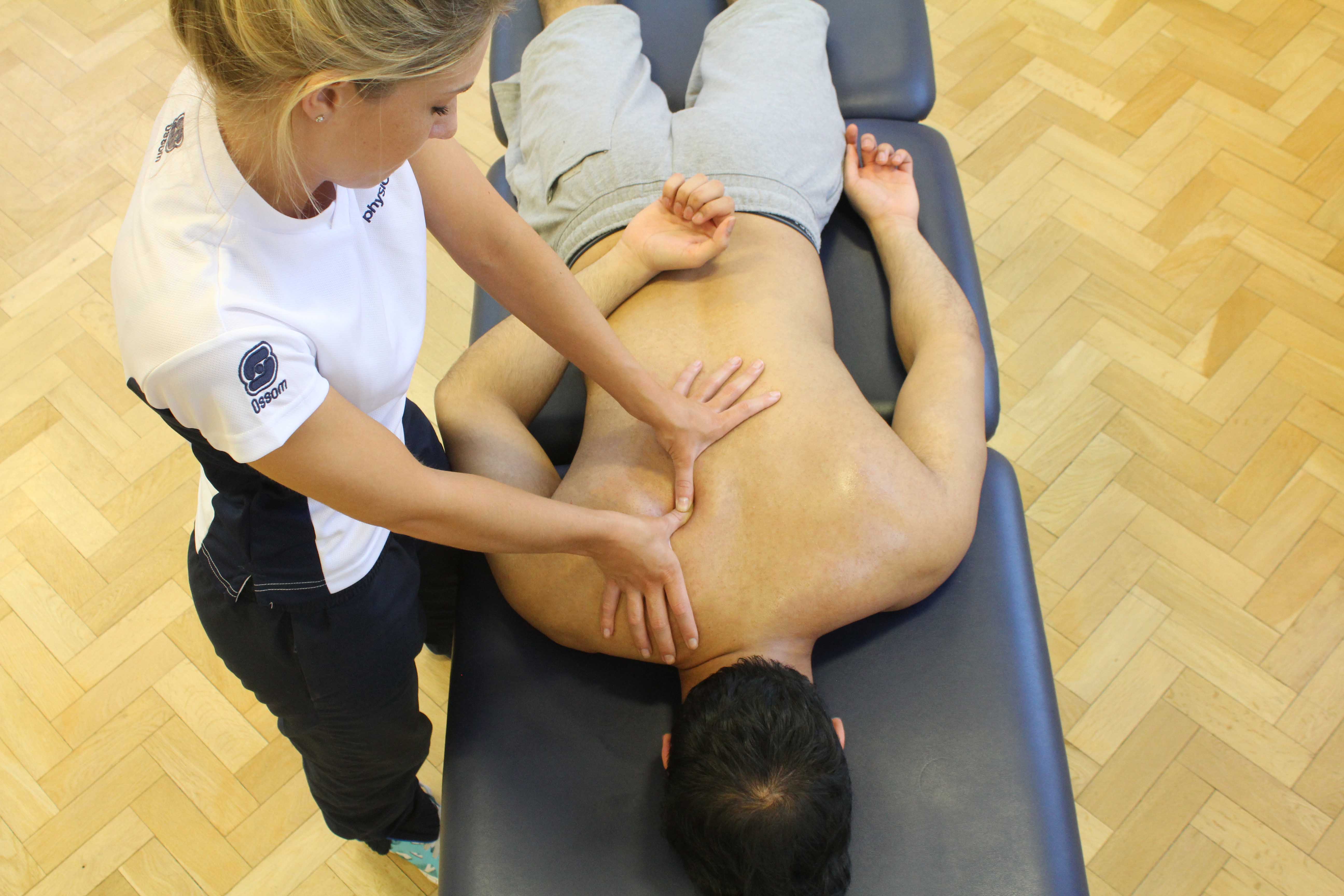A thoracic fracture can causesevere back pain that is made worse by movement. If the spinal cord is damaged this can cause pain, muscle weakness, abnormal sensation (such as numbness and pins and needles) or even total paralysis.
There are different types of spinal fractures. Classifying the fracture patterns can help to tailor treatment. The three major types of spine fracture patterns are flexion, extension, and rotation.
Flexion fracture pattern – this can either be a compression or axial burst fracture. In both of these cases the vertebra loses height. An axial burst fracture is often caused by a fall from height.
Extension fracture pattern – this includes a flexion/distraction fracture where the vertebrae are pulled apart. This can occur when the upper body is thrown forward whilst the pelvis is stable in a car accident.
Rotation fracture pattern – this can include a transverse process fracture or a fracture-dislocation. A fracture-dislocation is an unstable injury involving bone and/or soft tissue in which a vertebra may move off an adjacent vertebra (displaced). These injuries frequently cause serious spinal cord compression.
The aim of surgery for a thoracic fracture is to achieve adequate reduction (fitting the bones together), relieve pressure on the spinal cord and nerves, and allow for early movement and physiotherapy treatment. Internal fixation is often required when the fracture is unstable and may include using metal screws, rods, and cages to stabilise the spine.
A thoracic fracture can result in damage to the spinal cord causing muscles weakness, loss of sensation and reduced functional ability with everyday tasks. At Physio.co.uk, we offer physiotherapy for spinal cord injuries.
 Above: Passive stretches and mobilisations of the upper back using a therapy aid.
Above: Passive stretches and mobilisations of the upper back using a therapy aid.Physiotherapy following a thoracic fracture fixation
Physiotherapy treatment is vital following thoracic surgery to reduce pain, regain mobility, and return you to a level you were previously as soon as possible.
Physiotherapy treatment at Physio.co.uk will help you reach those goals by developing a structured rehabilitation programme that is tailored to your needs. Treatment will combine the use of hand-on techniques and exercise to optimise your potential with the activities you enjoy, safely and effectively.
 Above: Soft tissue massage of the upper back muscles
Above: Soft tissue massage of the upper back musclesCommon symptoms that we treat following a thoracic fracture fixation include:
- Pain
- Swelling
- Reduced range of movement
- Loss of muscle strength
- Reduced ability with everyday and recreational activities
- Ice and ultrasound to reduce pain and any swelling.
- Advice about posture in lying, sitting and standing to increase comfort and confidence when moving. We also offer ergonomic assessment to assist the way you move at work or at home.
- Soft tissue massage to encourage healing and reduce pain.
- Stretching exercises to improve flexibility of the neck and reduce pain.
- Active and passive range of movement exercises such as bending, straightening and rotating the spine to lengthen soft tissue and improve range of movement.
- Isometric strengthening of the thoracic muscles and the ‘core’ abdominal muscles
- Walking programme - this is the easiest way to exercise and gradually increase your activity levels and will improve your heart and lung fitness.
- Structured exercise programme tailored to the activities you enjoy the most, incorporating short and long term treatment goals.
 Above: Trigger point massage of the muscles in the upper back
Above: Trigger point massage of the muscles in the upper backCall Physio.co.uk now on 0330 088 7800 for more information or to book an appointment please contact us.

 0330 088 7800
0330 088 7800

































